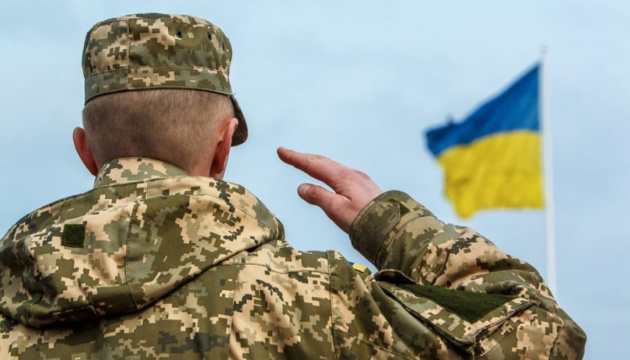Lawyer
Legal mechanisms of exemption from legal responsibility for forced offenses in wartime
Consultation of a lawyer
Consulting a lawyer is essential to understanding the legal aspects of a tort liability waiver. A lawyer will help to find out which legal norms apply in a specific situation, and will provide recommendations on compliance with the requirements of the law. A lawyer's consultation includes:
Analysis of legislation: Study of national and international legal norms governing the issue of exemption from liability.
Assessment of legal risks: Determination of possible legal risks and consequences associated with the implementation of forced offenses.
Development of recommendations: Providing recommendations on legal steps to be taken to ensure legal protection.
Analysis of documents
Analysis of documents is an important stage in determining the legal aspects of exemption from liability for forced offenses. Such documents include:
The Criminal Code and other legislative acts: Legal norms that determine the circumstances that exclude criminal liability.
Case law: Court decisions that can be used as precedents in a specific case.
International conventions and treaties: Documents regulating standards of conduct during wartime and circumstances of exemption from responsibility.
Legal opinion
The legal opinion on exemption from liability for forced offenses is based on the analysis of documents and legal
norms The lawyer determines:
Legal qualification of actions: Assessment of compliance of specific actions with the norms of criminal law and circumstances that exclude responsibility.
Procedural Compliance: Determining whether all necessary legal procedures were followed during the investigation and handling of the case.
Possible legal consequences: Assessment of legal consequences for a person accused of an offense and prospects for his protection.
Legal opinion of the lawyer
A lawyer's legal opinion is an important tool for protecting the rights of a person accused of a forced offense. A lawyer, in particular:
Advises the client: Providing recommendations on the rights and responsibilities of a person in wartime conditions.
Assesses the legality of actions: Determination of the legality of the actions of the authorities regarding prosecution for a forced offense.
Develops a defense strategy: Determination of the optimal strategy to protect the client's rights, including possible legal and judicial actions.
Circumstances excluding criminal responsibility
The main circumstances that exclude criminal liability for forced offenses include:
Necessary defense: Actions taken to protect life, health, property from illegal encroachment.
Extreme necessity: Actions taken to prevent greater harm, provided that the harm done is less than that threatened.
Physical or mental coercion: Actions committed under the influence of physical or mental coercion, which excludes the possibility of free expression of will.
Investigation and trial procedure
Investigating and prosecuting cases involving forced offenses involves several key stages:
Initiation of investigation: Prosecutor's office or investigative bodies initiate an investigation based on a report of an offense.
Gathering evidence: Conducting investigative actions, including questioning witnesses, collecting documentary evidence and conducting examinations.
Prosecution: The person is charged with an offense and informed about his rights.
Trial: Trial of a case in court, where the evidence and arguments of the parties are evaluated. The court decides on guilt and the possibility of exemption from responsibility.

































